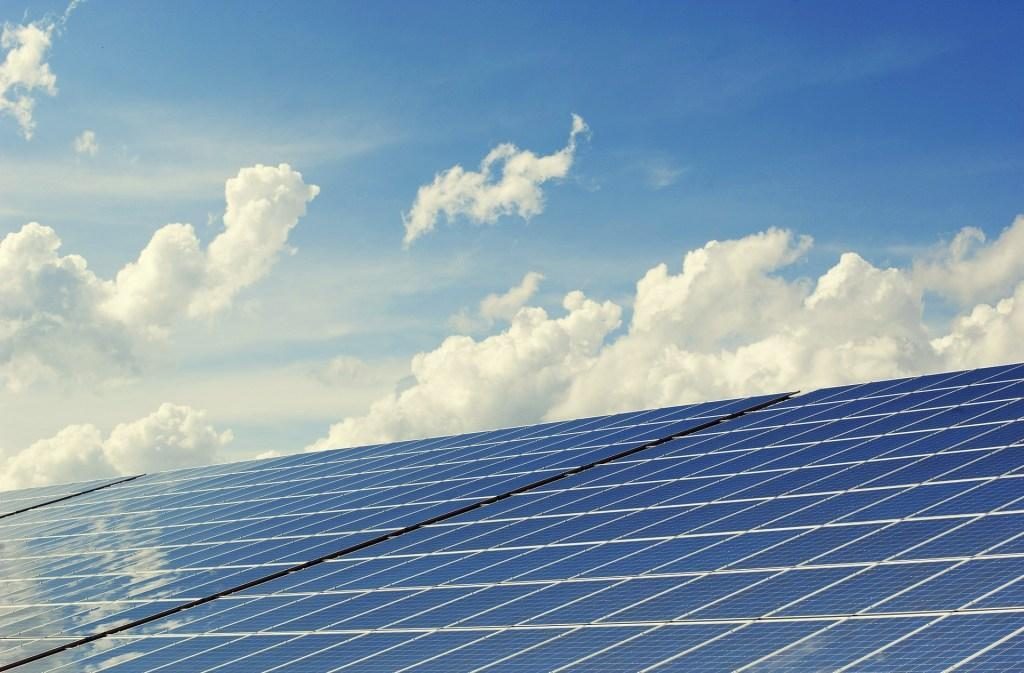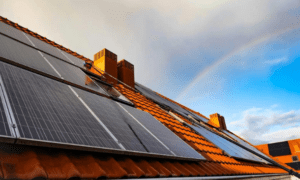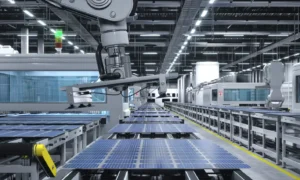Worries about the scarcity of food and food security are already notable concerns worldwide. More so, many opinions are coming up on how to improve them. Part of the solution needed is for farmers to boost their yields. But, with conventional ways to generate electricity which pollutes the environment, there’s a need to reconsider our power options.
This is the reason why most people are switching solar panels for farm use. These panels don’t use fossil fuel, and thus they help to diminish the risk of environmental pollution. The contribution of renewable energy in the agriculture sector is significant.
Below are ways in which solar panels are useful agricultural productivity:
Solar panels –Less air pollution
Solar energy utilizes various technologies to generate electricity. Most homes or businesses fix photovoltaic panels to intercept light from the sun. On the other hand, large solar units use lenses and mirrors to focus on tiny areas, thus converting tremendous heat into electricity. Such technologies conserve the environment since there’s a lessened need to burn fossils.
We are all aware that the generation of electricity from fossil fuels releases lots of harmful gases to the air. But, in the process of generating electricity, solar panels like the Goal Zero Yeti 1400 (lithium) don’t emit any harmful gases to the atmosphere and cause no pollution to the environment. More so, the use of solar panels on farmland ensures less pollution, and this then guarantees healthier crops and a bountiful harvest.
Solar panels- Reduced risk of acid rain
 Chemicals released into the air by other sources of energy lead to air pollution, which results in acid rain. This way, the rivers, streams, and soil suffer the impact, and the effects of acid rain on crops and aquatic life are severe. Acid rain adversely harms forests, land as well as freshwater, which are useful for agricultural purposes.
Chemicals released into the air by other sources of energy lead to air pollution, which results in acid rain. This way, the rivers, streams, and soil suffer the impact, and the effects of acid rain on crops and aquatic life are severe. Acid rain adversely harms forests, land as well as freshwater, which are useful for agricultural purposes.
It’s believed that acid rain causes crops and trees to grow slowly or worse still, fail to thrive. When acid rain descends on plants and forests, it seeps into rivers and streams, and this affects aquatic life as well.
The effects of acid rain on lakes and rivers are catastrophic. It decreases the PH of water and intensifies the concentration of aluminum. When such an experience happens, fish and other aquatic animals die. More so, acid rain affects the smooth protective layer of leaves, damaging them thus making them unable to photosynthesize properly.
Soil- Acid rain affects soil biology by dissolving and washing away essential nutrients that are useful for healthy crops. This acid rain releases toxic substances like aluminum, making the land less productive. The effects of soil PH change accelerate the leaching of toxic substances into water sources killing fish and insects, and this can continue for generations!
Solar panels- Decreased water pollution
 Water is a precious natural resource for humans and agricultural activities. While conventional ways of electricity generation utilize lots of water, solar panels don’t require any water to operate. Sadly, this is one of the most significant environmental benefits of solar, which most people seldom discuss!
Water is a precious natural resource for humans and agricultural activities. While conventional ways of electricity generation utilize lots of water, solar panels don’t require any water to operate. Sadly, this is one of the most significant environmental benefits of solar, which most people seldom discuss!
Solar panels don’t use any water hence no pollution to water resources. This way, the strain on the precious commodity is lessened, and there’s sufficient water to irrigate crops. And the result is productivity in any agricultural land becomes apparent.
Solar panels- Moderate climate change
Most people continue to harm the eco-balance of our planet through continuous emission of toxic substances and gases. If this persists, we can always expect to have severe impacts on our environment. Things like natural disasters and heightened global warming temperatures are all effects of polluted surroundings.
Most of the cases we experience today like the extinction of species, floods, earthquakes, and high temperatures are all effects of pollution. Emission of toxic substances to the atmosphere not only leads to air pollution but also accelerates the greenhouse effect.
While the greenhouse effect is responsible for warming the surface of the earth to create conducive temperatures, there are various destructive activities by humans which have resulted in a high number of greenhouse gases in the atmosphere.
Actions like the burning of fossils accelerate the greenhouse effect making the earth warm faster. As a result, we experience floods, cyclones, storms, extreme heat, and persistent drought. Is everything lost? No, when you use solar panels to generate electricity, there are no toxic gases produced, and this lessens the impacts of climate change.
Final thoughts
Smoke and poisonous gases emanating from power plants, factories, and other installations affect the environment in many ways. All these affect the productivity of agricultural land. Since solar panels don’t pollute the environment, most people are now considering installing them to lessen the effects of pollution and boost agricultural productivity. The advantages of solar energy in agriculture are numerous. Solar panels result in less water and air pollution, slow climate change, and reduce the risk of acid rain.



































